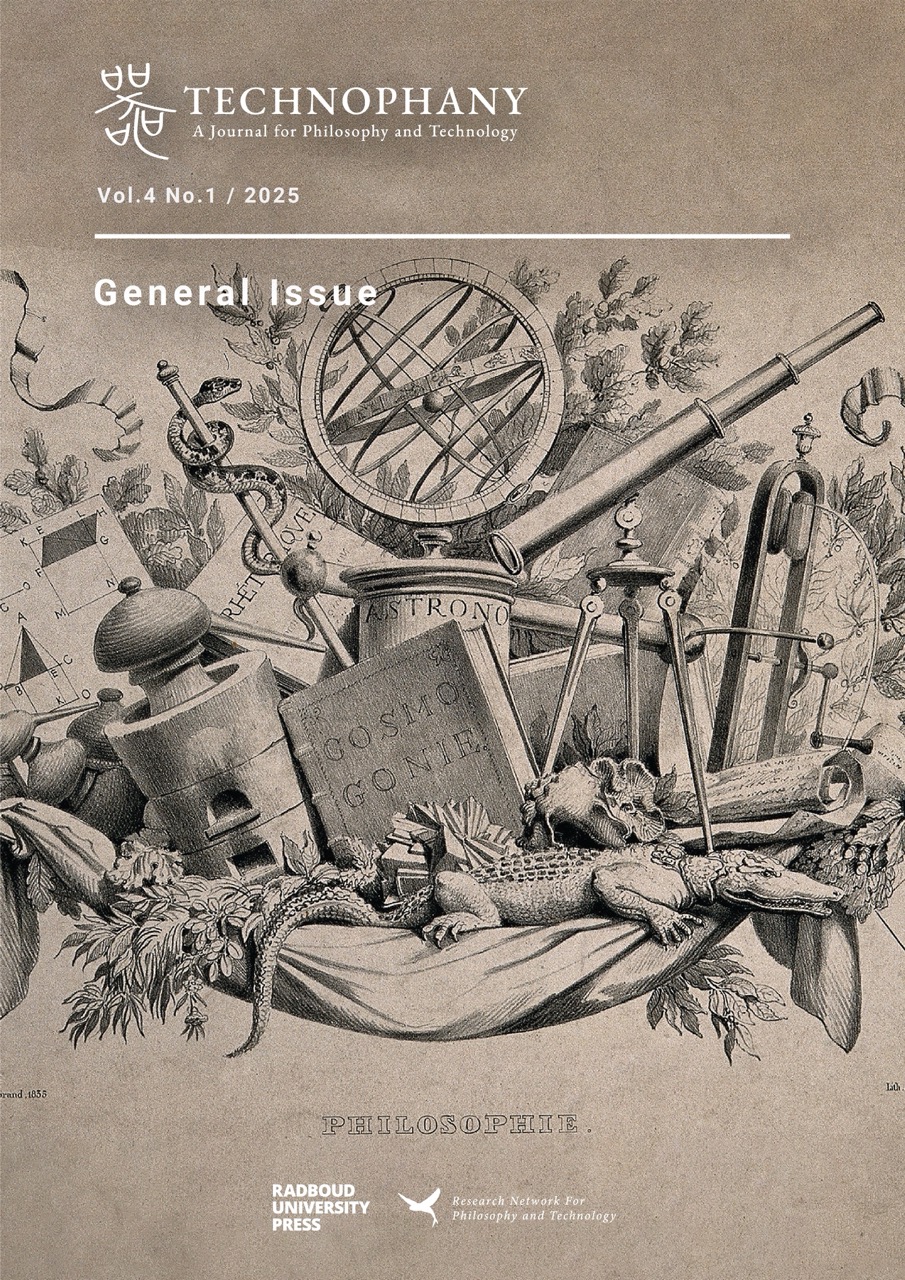When Philosophy Becomes Cybernetics and Cybernetics Becomes Philosophy
Luhmann's Systems Theory as the Foundation for Twenty-first Century Cybernetics
DOI:
https://doi.org/10.54195/technophany.19771Keywords:
Cybernetics, System Theory, Niklas Luhmann, Second-order Observation, Twenty-first century cyberneticsAbstract
This article examines the intersection of philosophy and cybernetics, proposing Niklas Luhmann’s systems theory as a crucial foundation for renewed cybernetics in the twenty- first century. By revisiting Norbert Wiener’s foundational insights and reinterpreting key cybernetic principles, it explores how Luhmann’s second-order observation and the concept of meaning challenge the traditional distinctions between human consciousness and technology. The paper argues that Luhmann’s approach not only addresses concerns of dehumanization in a technologically advanced society but also offers a dynamic framework for rethinking human self-perception and social organization without denying it cybernetic foundations. This exploration highlights the potential of systems theory to redefine the philosophical significance of cybernetics, providing tools for understanding the evolving interactions among humans, machines, and society in modernity.
Downloads








